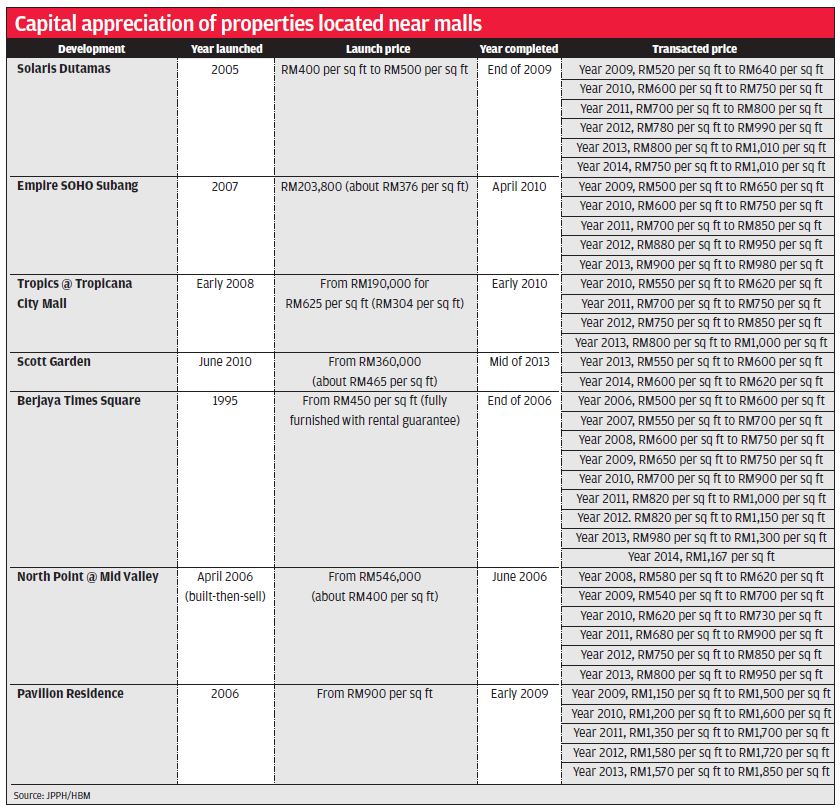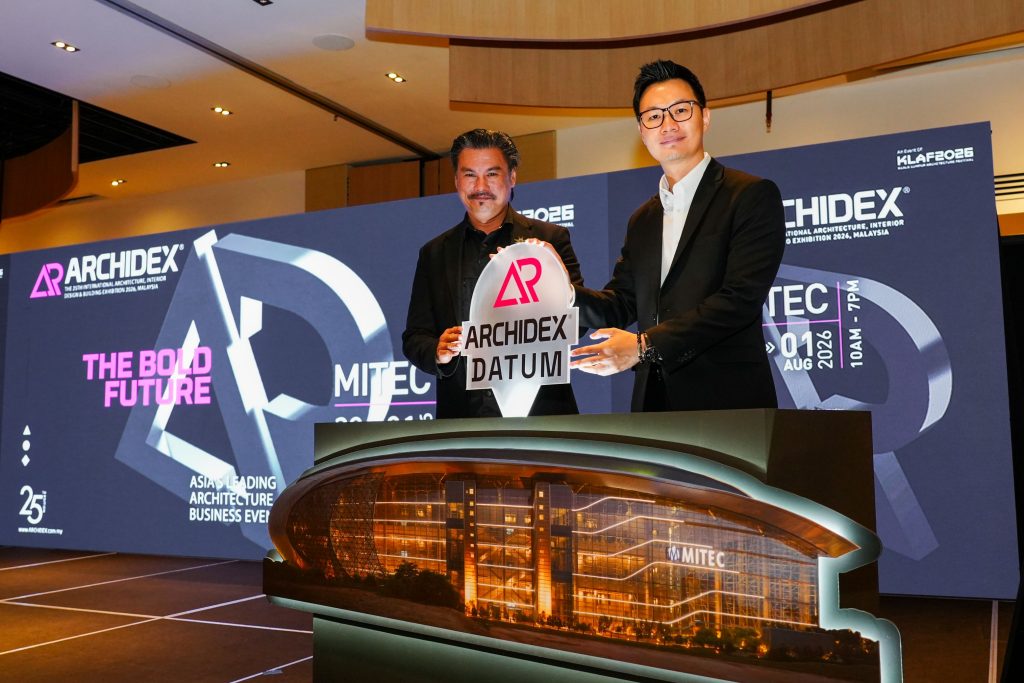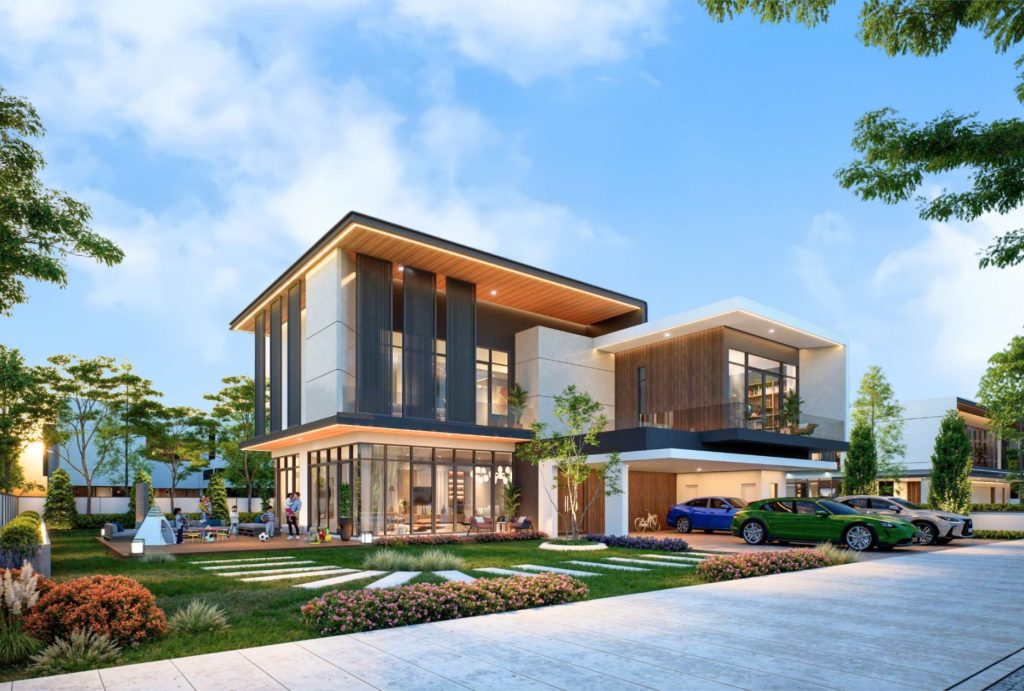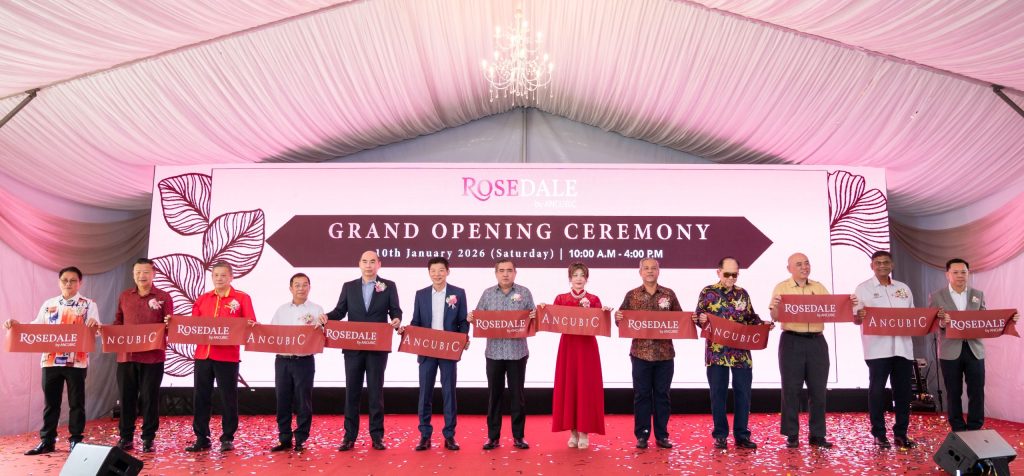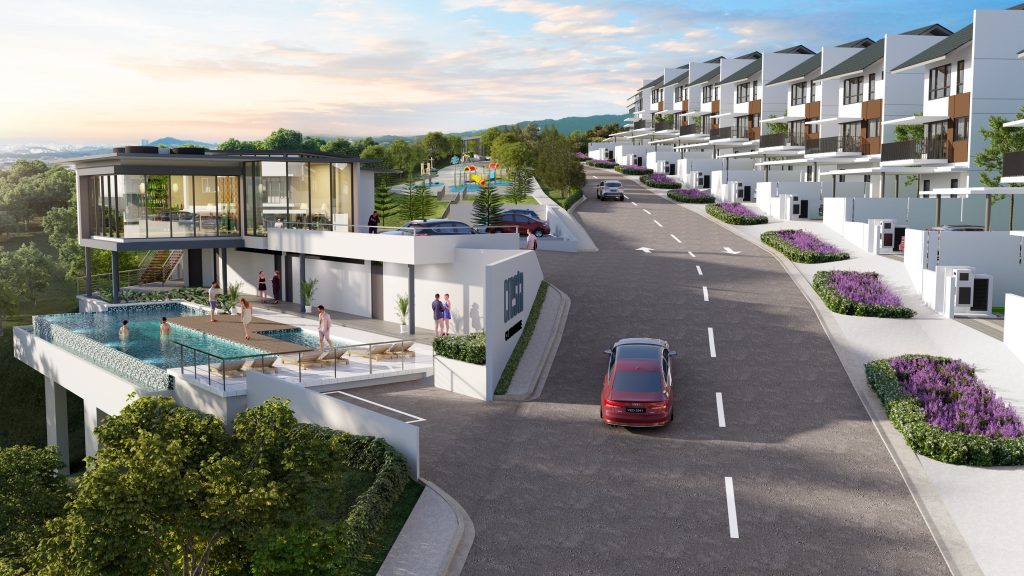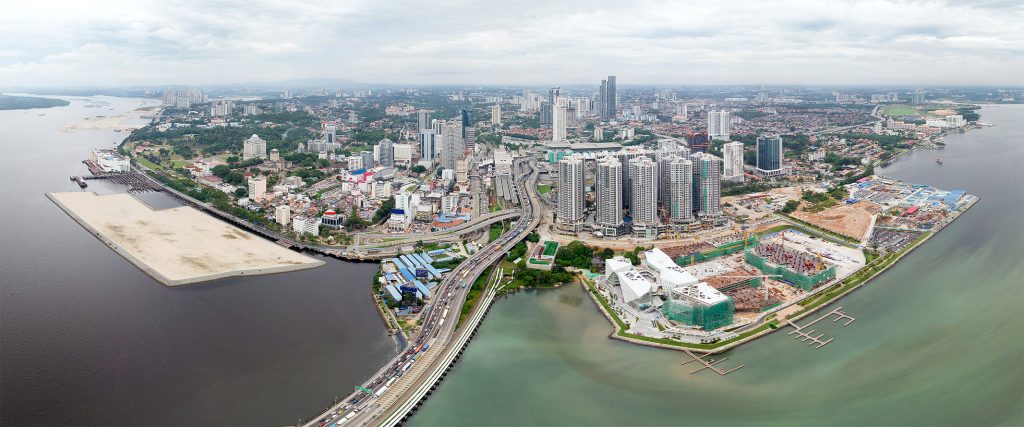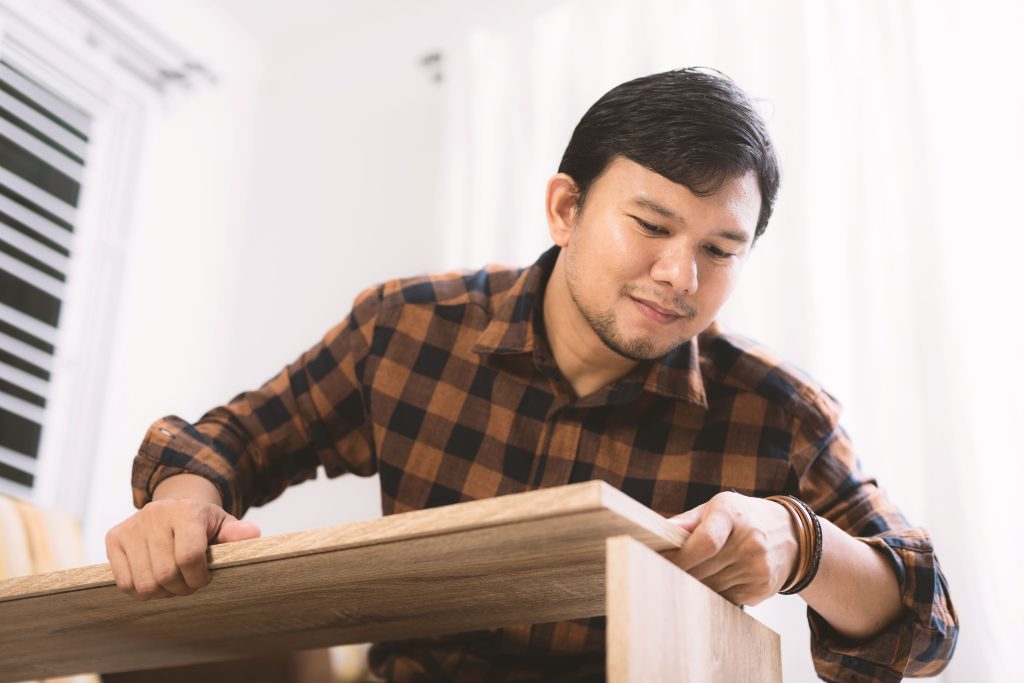BY TANG CHEE MENG
LIVING above or adjacent to a mall is not something new in Malaysia. Apartments built above a shopping centre was a trend started in Kuala Lumpur way back in the 1970s with Pudu Plaza leading the way with its residential units built on top of the mall.
This was followed by other developments such as KL Plaza suites which were built on top of the mall then known as KL Plaza which has now been extensively renovated and re-branded as Fahrenheit 88 in Kuala Lumpur.
The convenience of having many shops and eateries just a lift ride away appeals to people who prefer not having to travel long distances just to purchase daily necessities.
However, such developments did not really become popular until the 2000's when integrated mixed-use developments became the focus of property developers who were looking into maximising plot ratios and returns but were not prepared to take chances on a single-use project such as a standalone shopping mall which could be quite sizeable based on the maximum plot ratio.
Furthermore, incorporating a residential component into the development allows the developer to sell the units to generate cash flow to finance the construction of the mall while enabling the developer to retain ownership of the mall instead of having to sell the retail space as strata titled lots.
The residents staying above the mall would also provide a captive market for the shops and eateries located within the shopping centre.
The convenience of staying above or adjacent to a treasure trove of eateries and shops has led to more of such developments coming into the market. This has resulted in an increase in the value of such properties.
Property developers with large plots of commercial land cashed in on this trend and came up with integrated developments comprising a mix of residential units, retail mall, office tower, SoHo (Small office Home office), SoVo (Small office Virtual office), SoFo (Small office Flexible office) units and at times, even a hotel.
In conclusion, based on the success experienced by these projects, it is clear that residences located above or adjacent to shopping malls have become popular due to the convenience of having a wide array of urban conveniences at one’s doorstep.
The capital appreciation enjoyed by such residences also proves that such properties are a good investment.
It is therefore conceivable that the Klang Valley will see more of such integrated developments in the coming years in line with their penchant for capital appreciation, given their adjacent location to the malls.
>> Tang Chee Meng is chief operating officer of Henry Butcher Malaysia.

